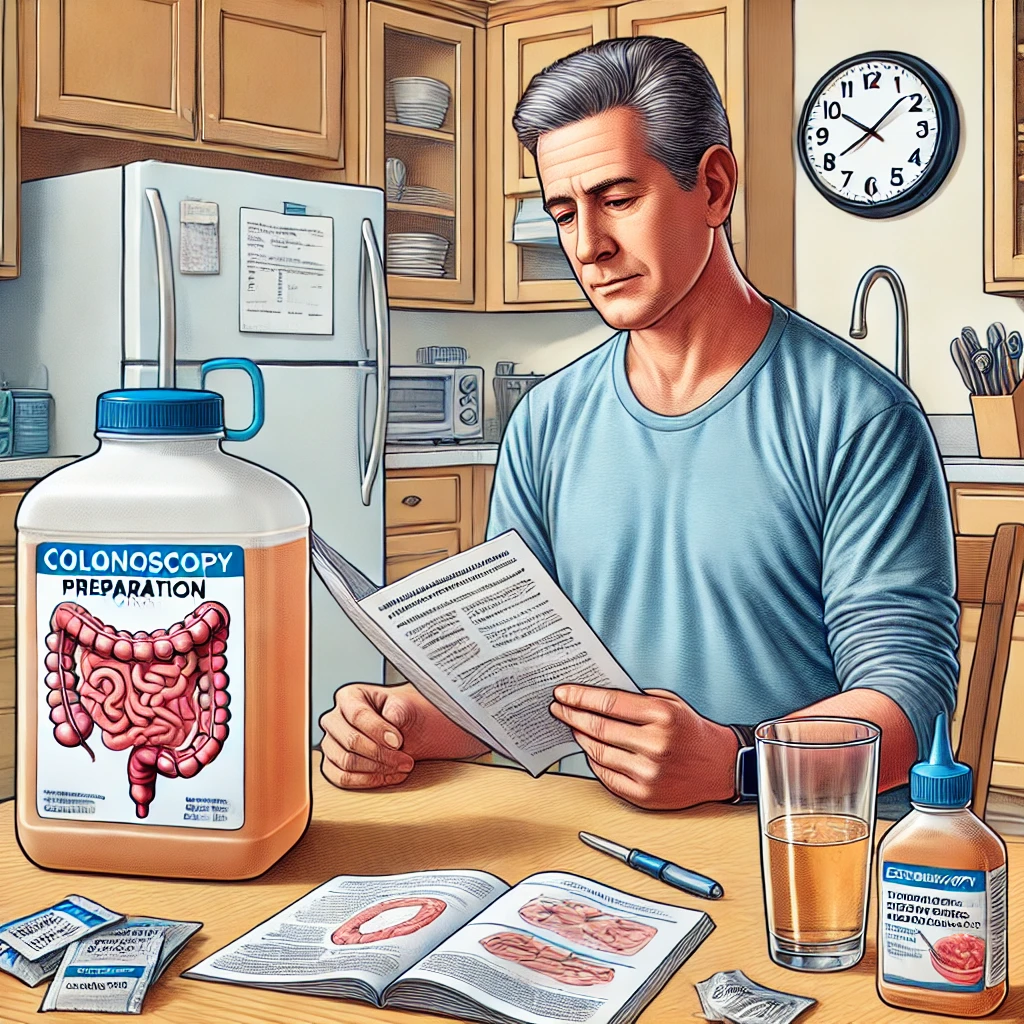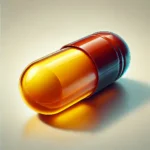A colonoscopy is a vital medical procedure used to examine the inner lining of your large intestine (colon and rectum). Preparing for a colonoscopy, often referred to as colonoscopy prep, is crucial for the success of the procedure. This preparation ensures that the colon is thoroughly cleaned to give the physician a clear view, which is essential for accurate diagnosis and treatment.
What is Colonoscopy Prep?
Overview
Colonoscopy prep involves taking steps to empty the colon of all fecal material. The preparation usually starts several days before the procedure with dietary adjustments and includes taking a special cleansing solution, laxatives, or enemas as prescribed by your doctor.
Purpose
The main goal of colonoscopy prep is to clear the colon of stools to allow the endoscopist to examine the colon and rectum without obstructions. A clean colon ensures that the doctor can detect issues like polyps, cancers, ulcers, and inflamed areas more easily.
How to Prepare for a Colonoscopy
Dietary Changes
- Days Before the Procedure: It’s recommended to start modifying your diet at least a few days before the procedure. Avoid nuts, seeds, and high-fiber foods as they can obstruct the view.
- Day Before the Procedure: You will need to switch to a clear liquid diet. This includes broths, teas, clear juices, and gelatin. Avoid any red, blue, or purple colored substances as they can stain the colon.
Laxatives and Cleansing Solutions
- Types of Laxatives: Your doctor may prescribe a laxative in either pill form or a liquid solution. The type and timing of the laxative will depend on the specific protocol chosen by your doctor.
- Taking the Cleansing Solution: Generally, you will be instructed to drink a large volume of a liquid laxative solution the evening before the procedure. In some cases, you might need to continue drinking small amounts on the morning of the procedure.
What to Expect During the Prep Process
Experiences and Sensations
The process of colonoscopy prep can be uncomfortable. Many people experience nausea, bloating, and discomfort during the cleansing process. It’s important to stay near a bathroom as frequent bowel movements are common.
Tips for Managing Side Effects
- Stay Hydrated: Drink lots of clear fluids to stay hydrated.
- Comfort Measures: Use a soft toilet paper or wipes to minimize discomfort.
- Distractions: Engage in light activities like reading or watching TV to keep your mind off discomfort.
Day of the Procedure
Final Steps
Avoid eating or drinking anything two hours before your appointment. Check with your doctor if you can take essential medications with a small sip of water.
What to Bring
Bring a list of your current medications and your medical card. It’s also recommended to have a family member or friend accompany you to drive you home after the procedure.


